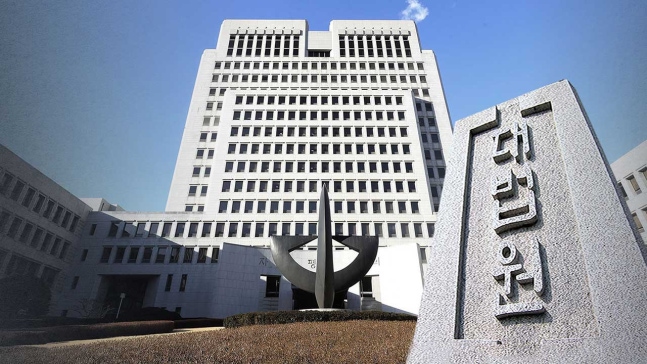
Reference photo,
, “‘Rural Development Administration Promotion Bribery’ lawsuit was not followed by the lower court based on the decision of the Supreme Court and was sent back for retrial twice.”,
,
, ‘In a promotion bribery lawsuit filed by the Rural Development Administration against three former employees, the Supreme Court’s 1st division overturned the lower court’s decision in the appeal trial and sent the case back to the Gwangju High Court.’,
,
, ‘Following the annulment of the second trial verdict in August 2022, the case was retried twice unusually.’,
,
, ‘Previously, the Chungcheongnam-do Provincial Police Agency announced in January 2014 that there were bribery cases where money was received in exchange for leaking exam questions for promotion exams at the organization since 1997.’,
,
, ‘The promoted individuals who obtained the leaked questions were stripped of their appointments, dismissed, and faced criminal trials. In July 2015, the Rural Development Administration filed a lawsuit demanding the return of the unlawfully received salary increase from some of the promoted individuals.’,
,
, ‘The first and second trials refused to accept the Rural Development Administration’s claim, stating that the promoted individuals had performed changed duties after their promotion and that the salaries they received in return could not be considered unjust profits.’,
,
, ‘However, the Supreme Court stated, “If there is no substantial difference in the duties performed before and after the promotion, the promoted individuals have received higher wages solely because of the promotion,” and instructed to compare the specific duties performed.’,
,
, ‘Subsequently, the Gwangju High Court, in the retrial following the annulment, rejected the organization’s claim again, stating that there was a substantial difference in the average difficulty of various tasks that could be performed before and after the promotion.’,
,
, ‘However, the Supreme Court stated, “The retrial court did not compare the specific duties performed by the defendants before and after the promotion,” and said that “evaluating the value of work provided before and after the promotion with criteria different from the annulment reason goes against the binding power of the retrial decision” and sent the case back for retrial.’,
,
,

